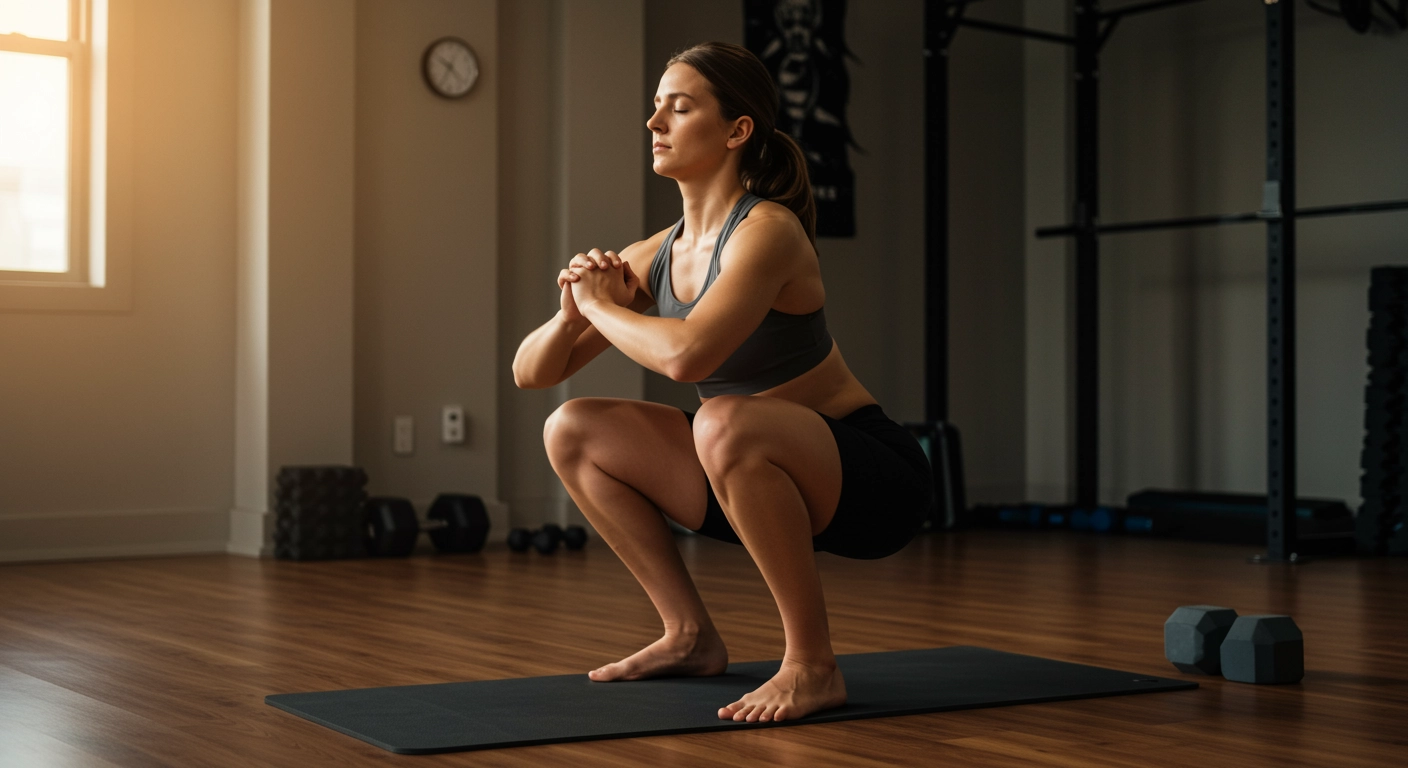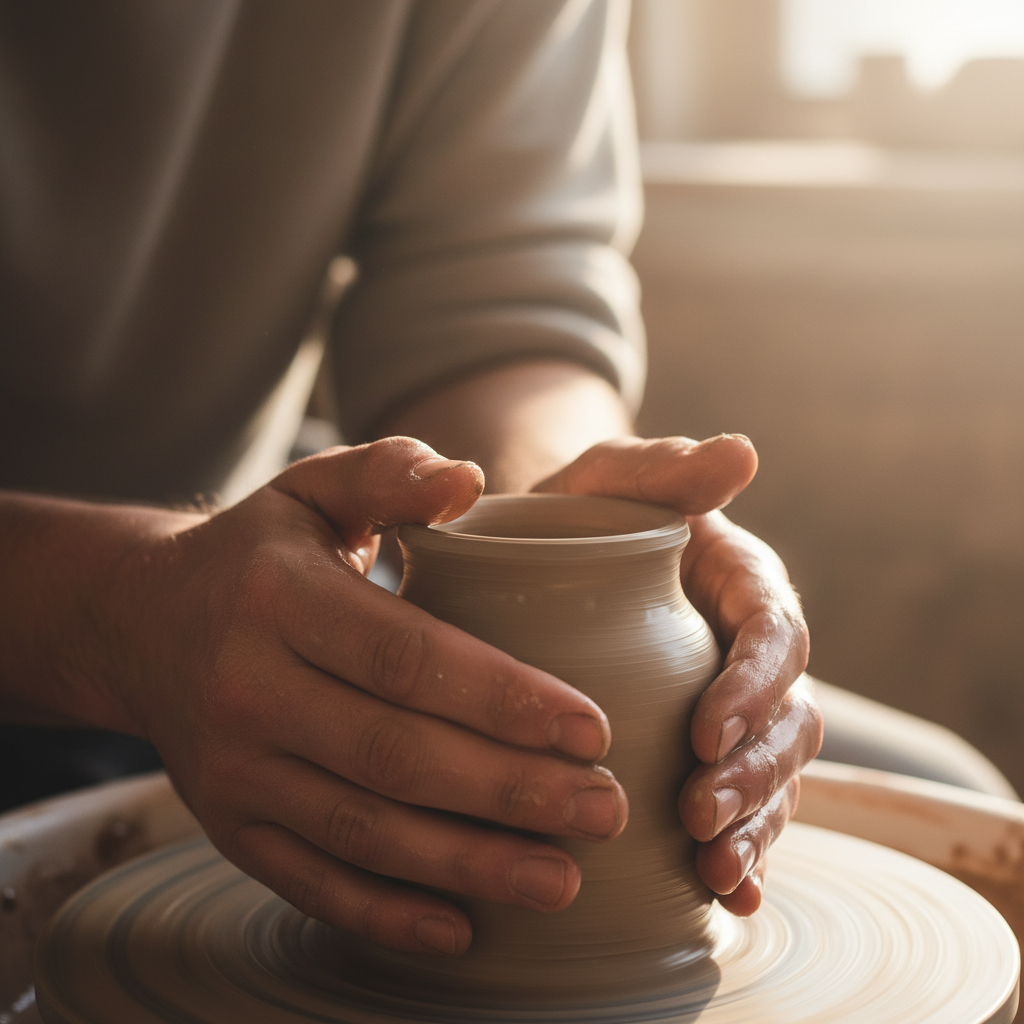By Anthony Strayhorn
When I hold a squat for 60 seconds, it’s not just my quads that are on fire. It’s my nervous system that’s being conditioned.
Because here’s the truth: your body doesn’t actually know the difference between the heat of a tough workout and the heat of an argument. The same stress pathways get activated. The same breath patterns emerge. The same fight-or-flight chemistry starts buzzing.
That’s why fitness isn’t just about strength or aesthetics.
It’s emotional training.
Your Body Doesn’t Lie
Let’s talk somatics. Your body holds experience. It remembers stress, and it remembers how you’ve trained yourself to respond. Whether it’s clenching your jaw in a conflict or freezing up when someone challenges you, your nervous system is tracking all of it.
So when you step into a squat hold, sprint a hill, or push through a heavy set, your body registers that as pressure. Heart rate increases. Breathing gets shallow. Muscles tense. That’s more than physical exertion. That’s nervous system activation.
And that’s where the real training begins.
You can choose to stay in that discomfort.
You can breathe through it.
You can stay grounded in your body when every part of you wants to escape.
Each time you do that, you expand your capacity. You create space to remain conscious when stress is high. And that’s the foundation of emotional resilience.
Application Builds Confidence (Not Awareness Alone)
People often say, “I’m self-aware. I know my triggers.”
That’s great. Awareness is the first step.
But if you don’t apply that awareness in real time, especially when it counts, you’re just using better language to describe the same old reactions.
Real confidence comes from integration. It’s built by proving to yourself—again and again—that you can stay grounded in the fire. Not just once, but consistently. That you can make a choice when everything in your body is begging you to react.
Fitness becomes the lab where that practice happens every day.
I’ve seen clients cry during workouts—not from pain, but because their bodies finally had a safe space to release decades of emotional tension.
This is fitness that heals.
This is fitness that transforms.
From Squats to Social Triggers
This is where polyvagal theory becomes relevant. Your autonomic nervous system is constantly scanning your environment, asking: Am I safe? Can I connect? Should I fight, flee, or freeze?
A tough workout mimics that same scan.
That moment in a lunge when your legs begin to shake?
That’s your system signaling a threat. Can you slow your breath and stay in it?
That last mile when your chest tightens and your mind says to stop?
That’s sympathetic overdrive. Can you keep your pace while calming your system?
The more you train your nervous system in these physical moments, the more it learns that regulation is possible—even in the heat.
And when life brings emotional pressure—conflict, uncertainty, or discomfort—you don’t spiral or shut down.
You stay connected.
You respond with presence.
You trust yourself.
GameDay: The Mirror Never Lies
In the YourDay Balance Game, we hold a quarterly fitness ritual called GameDay. At the surface, it’s a comprehensive assessment—testing strength, flexibility, cardiovascular health, body composition, and endurance. You show up, perform, and receive a score.
But that’s only part of the story.
GameDay is a spiritual mirror. A wholistic assessment.
It reveals your relationship with pressure, performance, feedback, and surrender.
Ask yourself:
- Do you tie your worth to the number on the scoreboard?
- Do you overperform to prove something, or underperform to avoid failure?
- Do you stay grounded in feedback, or do you get flustered by it?
Because how you show up for GameDay is how you show up for life.
It uncovers where you hide, where you force, and where you freeze. It gives you the opportunity to choose differently and to show up as the most grounded, present, and honest version of yourself.
That’s what makes GameDay empowering.
It’s not about beating the clock.
It’s about aligning your body vehicle with new possibilities through honest feedback.
It’s about learning to play your edge—not only to win, but to wake up.
To see yourself as an athlete in the game of life.
Emotional Rehearsal Through the Body
One of my go-to practices with clients is simple but powerful:
The 45-Second Squat Test
- Get into a squat hold. Set a timer.
- At 15 seconds, close your eyes.
- At 30 seconds, begin box breathing (inhale for four, hold for four, exhale for four, hold for four).
- At 45 seconds, come out of the squat.
Then ask yourself:
- Where did my mind go when it got uncomfortable?
- What signals did my body send?
- Did I stay with myself, or did I disconnect?
This becomes your data. Your emotional playbook.
And every workout becomes a rehearsal for how you want to show up in the rest of your life.
Fitness Is Your Nervous System Wealth
In this Game, we talk about self-worth all the time. But what I’ve found is that your nervous system is the infrastructure behind it.
When you can stay connected to your breath, your body, and your center—even when your ego is triggered or your system is under stress—
that’s wealth.
That’s independence.
That’s a kind of strength no mirror can measure, but everyone around you can feel.
Final Rep
Fitness isn’t just about looking strong.
It’s about having the strength to stay with yourself when things get hard.
It’s about using your body as a training ground for emotional mastery.
About turning your reps into resilience.
And turning your workouts into wisdom.
So the next time you step into the gym—or into your GameDay—
don’t just ask how hard you can push.
Ask:
- How present can I stay?
- How much truth can I hold?
- How deeply can I trust myself in the fire?
That’s the real workout.
That’s the Game.
Let’s play.







